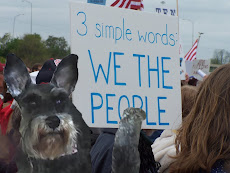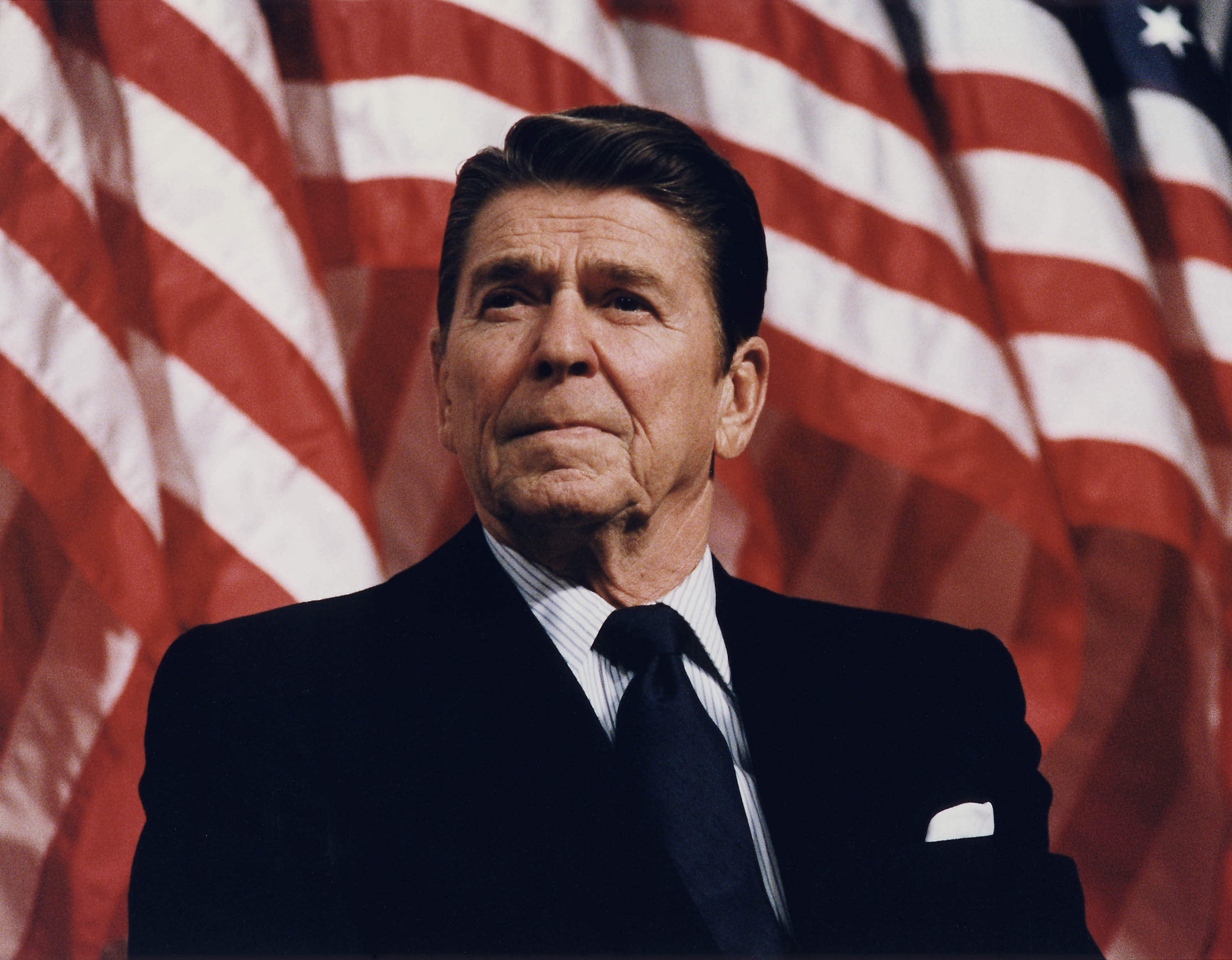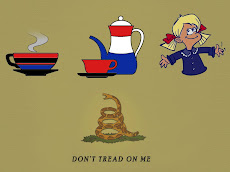I thought it had been unfair to exclude the other candidates from the debate. Most of them were also campaigning in New Hampshire that weekend, and since we were now sponsoring and paying for it, I decided to invite them to join the debate. Four of the other candidates - Bob Dole, Howard Baker, John Anderson, and Phil Crane (John Connally was campaigning elsewhere) - accepted. When we walked on to a platform set up for the debate at the Nashua High School gymnasium Saturday night, there was one table, two chairs, and six candidates. When he spotted the four other candidates, Jim Baker, George Bush's campaign manager, protested and said George would not participate in the debate as long as they were part of it. Since I had invited them, I couldn't go along with him and exclude the other candidates, so we were at an awkward impasse. George just sat frozen in his chair, not saying anything; I sat in the other chair with the four other candidates standing behind me, looking embarrassed in front of two or three thousand people while being literally told they had to leave.
Unable to understand what was going on, the audience hooted and hollered an urged us to proceed. I decided I should explain to the crowd what the delay was all about and started to speak. As I did, an editor of the Nashua newspaper shouted to the sound man, "Turn Mr. Reagan's microphone off." Well, I didn't like that - we were paying the freight for the debate and he was acting as if his newspaper was still sponsoring it. I turned to him, with the microphone still on, and said the first thing that came to my mind: "I am paying for this microphone, Mr. Breen." Well, for some reason my words hit the audience, whose emotions were already worked up, like a sledgehammer. The crowd roared and just went wild. I may have won the debate, the primary - and the nomination - right there.
 I continued to campaign for the remaining days until the election. When the polls closed, I learned I had won the seven-way New Hampshire primary with fifty-one percent of the vote. In retrospect, this was really the pivotal day of the whole primary campaign for me. Shortly after New Hampshire, all the candidates except George Bush dropped out, and then, near the end of May, he dropped out too.
I continued to campaign for the remaining days until the election. When the polls closed, I learned I had won the seven-way New Hampshire primary with fifty-one percent of the vote. In retrospect, this was really the pivotal day of the whole primary campaign for me. Shortly after New Hampshire, all the candidates except George Bush dropped out, and then, near the end of May, he dropped out too.
In early July, when Nancy and I arrived at the Republican National Convention in Detroit, it appeared I had more than enough delegate votes to win the nomination and the next thing on my agenda was choosing a running mate. The delegates were waiting for me at the Joe Louis Arena to announce my decision.  The obvious choice was George Bush. When I announced my decision to the throng of delegates crowded into the arena, they rose to their feet with a tremendous roar. The roof almost came off. As George and I stood there together, it was almost as if we were putting the party back together again. I then asked the delegates to join me in a silent prayer. Now George and I faced the challenge, together, of beating Jimmy Carter and Walter Mondale.
The obvious choice was George Bush. When I announced my decision to the throng of delegates crowded into the arena, they rose to their feet with a tremendous roar. The roof almost came off. As George and I stood there together, it was almost as if we were putting the party back together again. I then asked the delegates to join me in a silent prayer. Now George and I faced the challenge, together, of beating Jimmy Carter and Walter Mondale.
Courtesy of Simon and Schuster






No comments:
Post a Comment